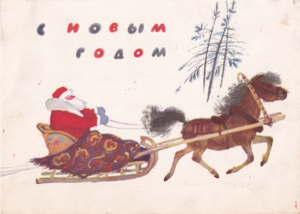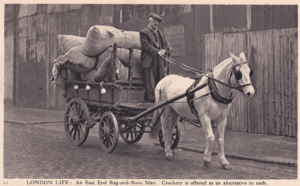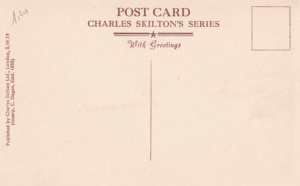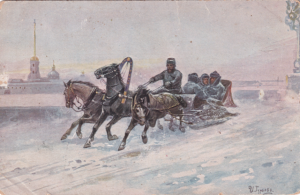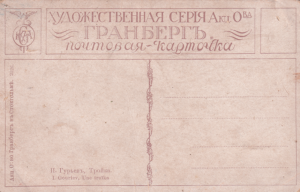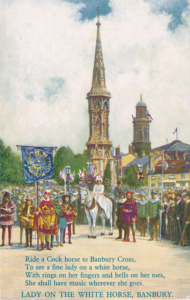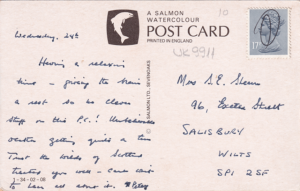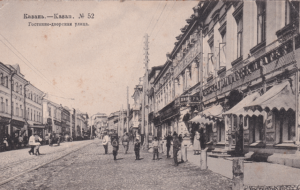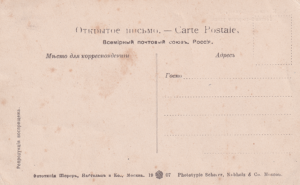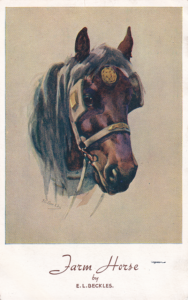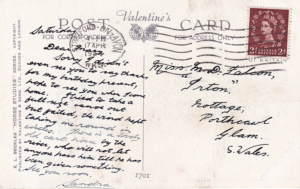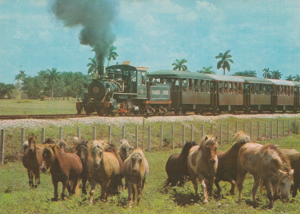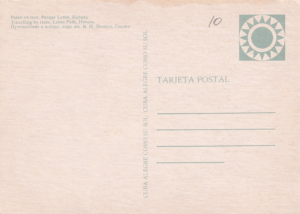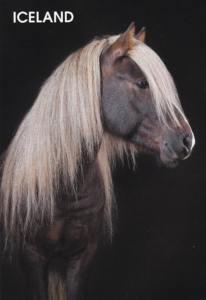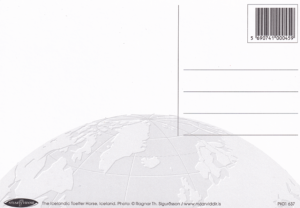Winter in Iceland.
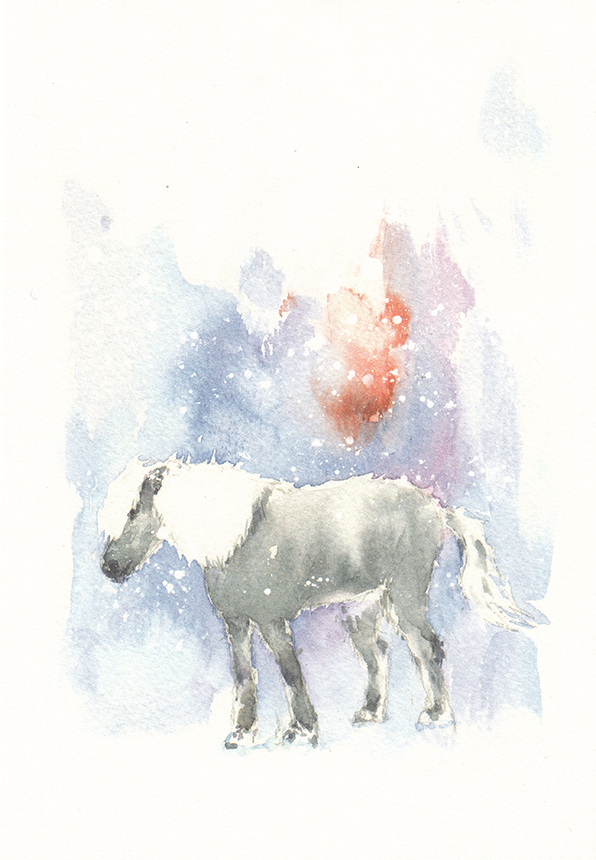
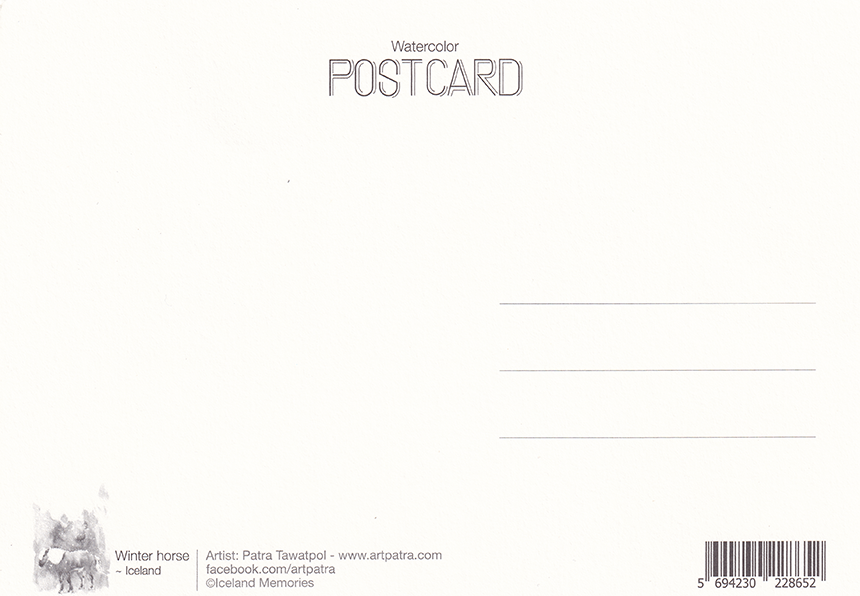
Reverse side of the postcard.
More information
Winter in Iceland.
Icelandic winters are known for their cold temperatures, with average highs ranging from -1°C to 4°C and lows dropping to around -10°C to -3°C. The weather is often characterized by snowfall, strong winds, and frequent changes in conditions. One of the most notable aspects of winter in Iceland is the limited daylight. In the darkest period around the winter solstice (late December), the country experiences only a few hours of daylight, with some areas having polar nights, during which the sun doesn't rise above the horizon at all. However, as the season progresses, the days gradually lengthen. The winter months provide excellent opportunities to witness the mesmerizing Northern Lights (Aurora Borealis) in Iceland. The dark nights and clear skies create ideal conditions for this natural phenomenon, although sightings are dependent on various factors such as solar activity and weather conditions.
Iceland offers a range of exciting winter activities for visitors to enjoy. These include glacier hiking, ice caving, snowmobiling, ice fishing, and even bathing in geothermal pools such as the famous Blue Lagoon. Winter is also a great time for exploring natural wonders like frozen waterfalls and ice formations.
Object data
Title
Winter in Iceland.
Artist
Patra Tawatpol.
Date
2015.
Culture
Iceland.
Classification
Postcard.

